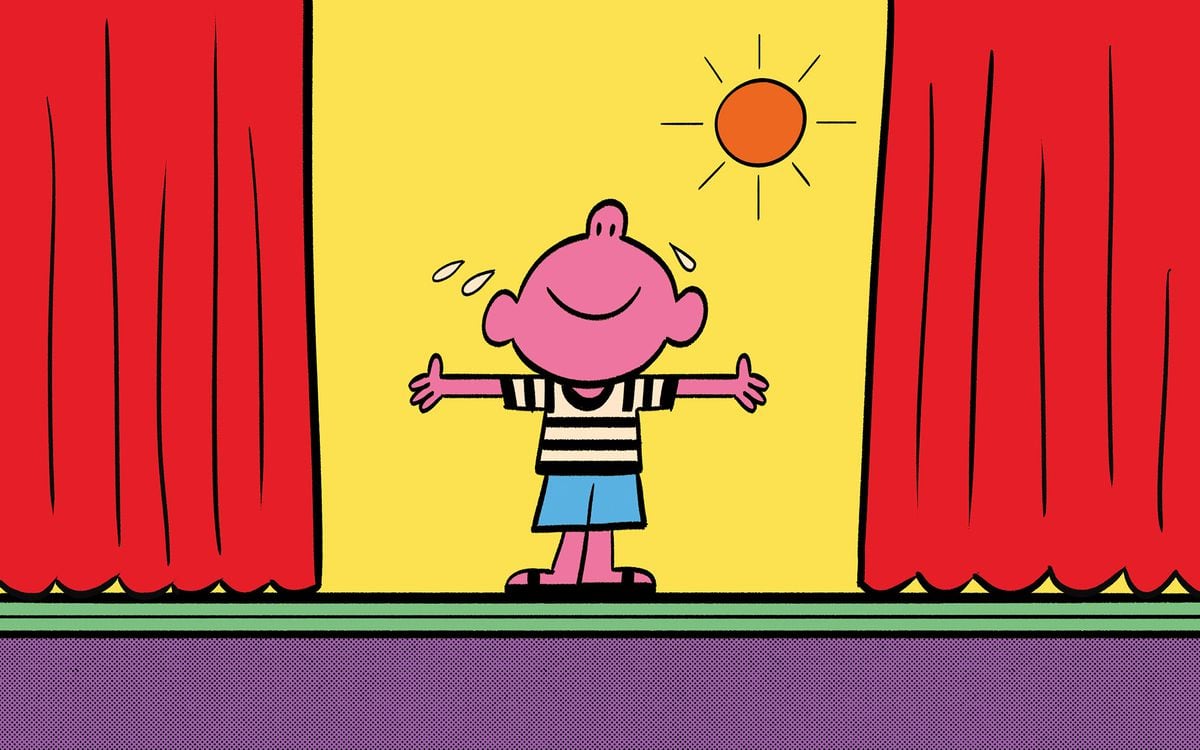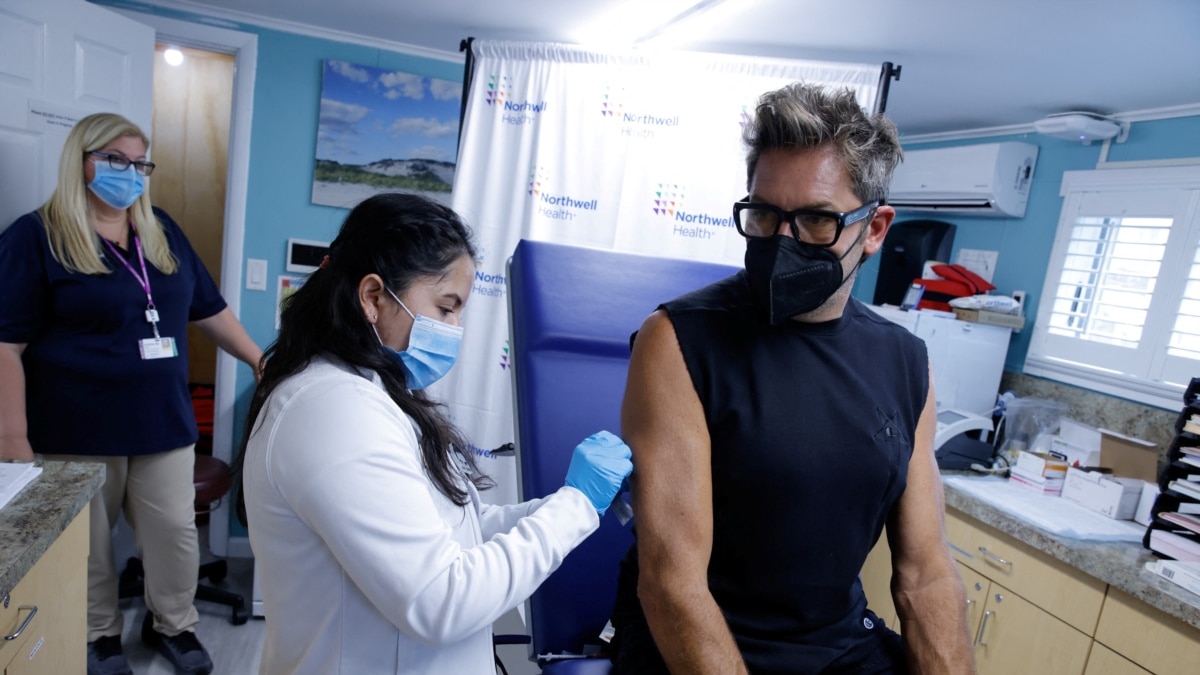The outdoor theater season has begun. As Titania, queen of the fairies and wife of King Oberon, permeates the atmosphere with an air of freedom and bestows upon us “an aromatic crown of sweet summer blossoms,” in the second act, scene 2, of The dream of a nigth of summer, of William Shakespeare, we proceed to place ourselves on the summer stages of our open-air theater and transform ourselves into seasonal characters. The clothing itself changes, but the language also plays an important role – during the summer, our way of saying things is transformed, we speak with drama, as if we were in a theater, and the subtleties flow “like a summer wave”. Just listen to a few phrases, like those of Gaspard, Lena, Margot or Solene in the film summer story, by Éric Rohmer, so that the transfiguration is activated and we begin to speak in a summer key, with new opportunities for expression. Who writes the scripts, what are the plots about and where are they performed? Language informs us that the playwright is ourselves.
Summer is the season for dalliances of all kinds, to decouple from routine and stress, discover the beauty in what surrounds us and capture life as if nothing had happened. But also for discoveries about oneself, which are manifested in the stories in which we are the protagonists. Outside of our usual environment, our sense of space has also been altered. Summer and global warming force us to think dialectically—summer here is winter down there. According to the philosopher Alain Badiou, the mission of theater in confusing times is, above all, “to show confusion as confusion”. The theater stylizes and amplifies, to the point of making it obvious that confusion is the natural state of life —this dialectic depends precisely on its subtraction from the everyday order of things—.
Our own summer performances are different, we change our mask: we expose more skin, only to hide behind sunglasses. We have different types of costumes and seductions: bikini, sandals, and protections such as hats, sunscreen or umbrellas, which are part of the wardrobe, makeup and props. While these embodied summer behaviors and attitudes are learned and enacted on a daily basis in the public arena, this does not mean that they are necessarily feigned, or consciously simulated, theatrical acts. Simple everyday actions such as cooking, planting and harvesting, playing the guitar and singing, or taking children to dance or soccer practice can transmit memory, identity, sense of belonging and cultural values from one generation to another.
For Diana Taylor, Professor of Performance Studies at New York University, Anglicism performance describes it. When a body enters the scene, without plot, and the contact with others is played in that only time, there is room for the performance. Simultaneously implies act, event, mode of transmission, realization and means of intervention in the world. It’s not always about art. “The performance it means many things, sometimes paradoxical: it manifests the visible and the invisible, it lightens and darkens, it is ephemeral and lasting”, Taylor proposes.
Fortunately, when facing the impossibilities of life, we have other theaters at our disposal, besides that of delusional ideas. We have an area of our interiority in which many of our impossible and forbidden desires can find substitute expressions. Situated between the limitless inner universe and the restrictive world of external reality, this region coincides with what psychoanalyst Donald Winnicott called “transitional space.” This potential space, according to Winnicott, is the immediate area of experience that lies between reality and fantasy. It includes, among other phenomena, cultural experience and creativity.
So perhaps summer is the exemplary time for the vernacular, outdoors. “In Of vulgar eloquence, Dante developed a poetics of the vernacular language”, points out the poet and essayist Lisa Robertson, and defines it as the discourse with which we create spaces of fluctuation and surprise; the vernacular improvises, is generative, mixed, gestural, acted. Through these ever-changing melodic thresholds, the flow of spoken language evades spatial containment, rhythmically renews, “it is the incubator of our subjectivity.”
When a new way of interacting and saying things is established on the stage of everyday life, a previously unnoticed theatricality can be discovered. The central idea in all of this is that we humans absorb behavior by doing it, rehearsing it, and executing it—this idea is older than Aristotle’s theory of mimesis or imitation, and as current as mirror neuron theories that suggest that empathy, reflection and intersubjectivity are essential for our survival—. Each of us is drawn into an unfolding life drama in which the plot reveals itself to be staggeringly repetitive. During the summer there are more opportunities for encounters in which the unrepeatable becomes real and the real manifests itself as unrepeatable.
David Dorenbaum is a psychiatrist and psychoanalyst.
50% off
Exclusive content for subscribers
read without limits
—

